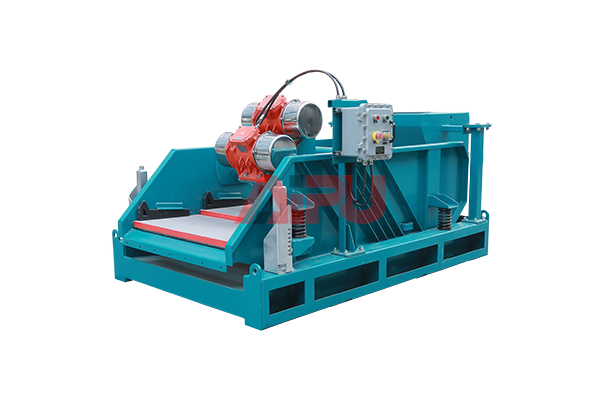Why Common Failures Matter in Solids Control Systems
Solids control systems play a critical role in drilling operations, ensuring efficient separation of drilling fluids from cuttings. However, like any mechanical system, they are prone to failures that can disrupt operations and lead to costly downtime. Understanding common failures is essential for maintaining optimal performance and preventing unexpected breakdowns.
One of the most frequent issues in solids control systems is screen blinding. This occurs when fine particles clog the mesh, reducing separation efficiency. Regular inspection and proper screen selection can mitigate this problem. Another common failure involves shale shakers, where unbalanced motors or worn-out screens lead to poor vibration performance.
Centrifuges often face challenges with bearing failures due to excessive vibration or improper lubrication. These components require careful monitoring and scheduled maintenance. Similarly, hydrocyclones may experience wear in the cone section, leading to reduced separation efficiency. Regular inspection of internal components is crucial for early detection.
Pump failures represent another significant concern in solids control operations. Issues like cavitation, seal leaks, or impeller damage can severely impact system performance. Proper installation, alignment, and routine maintenance are key to preventing these problems.
Electrical system failures, though less common, can be particularly disruptive. Faulty wiring, motor failures, or control system malfunctions require immediate attention to prevent extended downtime. Implementing a robust preventive maintenance program helps identify potential issues before they escalate.

Understanding these failure modes enables operators to develop effective maintenance strategies. Regular training for personnel on proper operation and troubleshooting techniques significantly reduces the likelihood of system failures. Additionally, keeping detailed maintenance records helps identify recurring issues and implement long-term solutions.
Environmental factors also contribute to system failures. Extreme temperatures, corrosive environments, or excessive dust can accelerate component wear. Proper equipment selection and protective measures help mitigate these challenges.
If your project requires solids control equipment, choose Aipu Solids Control. We believe it will be your best choice.
